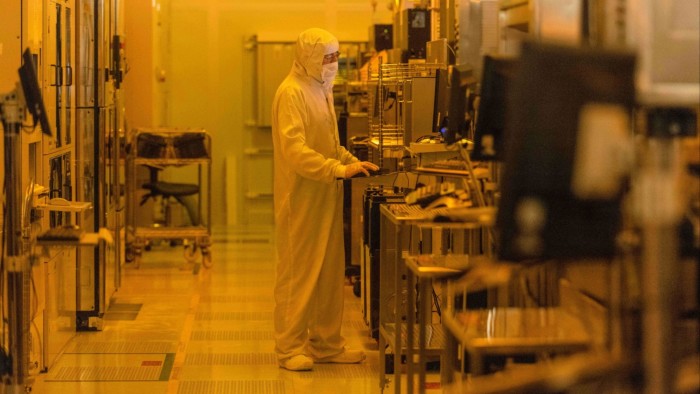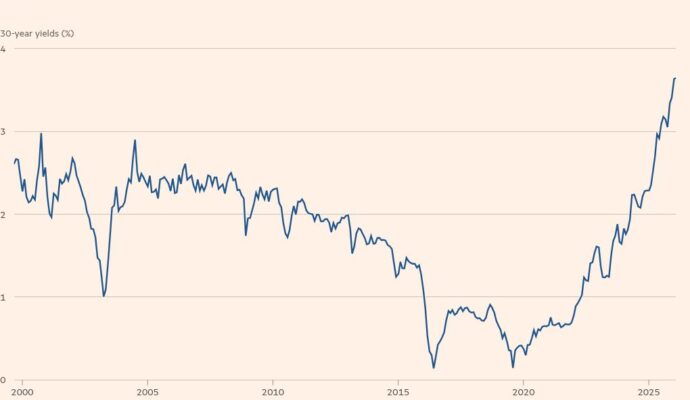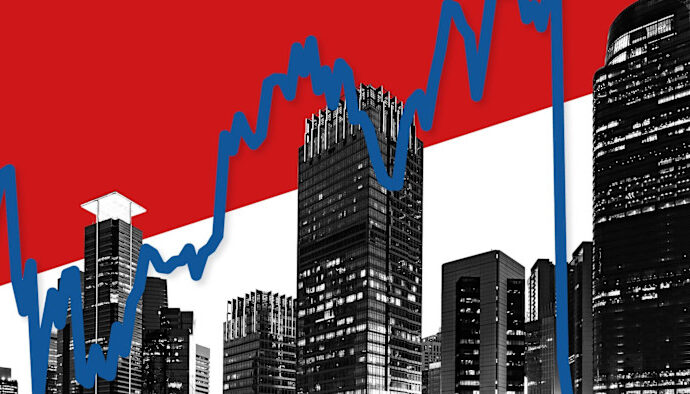
Unlock the Editor’s Digest for free
Roula Khalaf, Editor of the FT, selects her favourite stories in this weekly newsletter.
The Dutch government’s seizure of chipmaker Nexperia from its Chinese owner Wingtech is a landmark moment in Europe’s evolution from one of the world’s most open trading blocs to one increasingly preoccupied by its economic security.
It is all the more striking coming from a small free-trading country with laissez-faire business instincts which approved the sale of Nexperia to Chinese investors in 2017 — a decision that even with the benefit of hindsight it must regret. With this takeover, the Netherlands has stepped straight into the struggle for technological supremacy between the US and China centred on the semiconductor industry.
Nexperia was one of many large-scale strategic takeovers by Chinese investors of western companies in critical technologies or infrastructure during the middle of the last decade. It is the first to be fully clawed back by a western government. It may not be the last.
European countries have intervened with Chinese owners before. France seized the shares of Chinese-controlled chipmaker Ommic in 2023. The previous year the UK government ordered Nexperia to sell the bulk of its stake in Newport Wafer Fab. Both Ommic and NWF were small outfits producing or potentially producing more sophisticated semiconductors for military applications.
Nexperia is in the more mundane business of manufacturing basic chips for a range of consumer electronics, industrial applications and cars. It does, however, have knowhow and production capacity in Europe which the continent needs to protect, given the importance of microelectronics to innovation and supply chains. The global chips shortage in 2021 caused severe disruption to European carmakers and other manufacturers.
In that sense, Nexperia’s business is strategically important to the European economy. If production shifted to China, rather than to other European chipmakers, it would leave the bloc more dependent and more vulnerable. Under chief executive Zhang Xuezheng, Nexperia invested in its European facilities. But Dutch authorities intervened after Zhang stymied moves to carve out Nexperia’s European operations. They also feared he was preparing to transfer assets and intellectual property to his Chinese entities.
Whatever their concerns, the court documents in this case suggest The Hague was acting under pressure from the US to wrench back control of Nexperia from its Chinese owner. Wingtech was blacklisted by the US commerce department last year. With Zhang resisting governance safeguards, Washington in effect upped the ante by making clear the blacklisting also applied to Nexperia, Wingtech’s subsidiary, threatening the business.
As well as safeguarding or building up manufacturing capacities in strategic sectors, European governments and business now have to take geopolitical concerns more seriously. The old assumption that complex interdependencies force countries in the supply chain to work together no longer applies.
The Netherlands has some experience of this tricky balancing act already with ASML, the chipmaking equipment giant. It has had to comply with US export curbs on its most advanced machines. But the takeover of Nexperia is a more drastic move that triggered instant retaliation from Beijing, with a ban on exports of Nexperia products assembled in China. Further retaliation can be expected. The separation of supply chains is accelerating.
The Netherlands made a mistake allowing Nexperia’s sale, even if it has now moved decisively to correct it. The episode underscores the need for the EU to develop a better semiconductor strategy. It is way off its ambition for a 20 per cent global market share. Thinking through its dependencies would be a good start.


